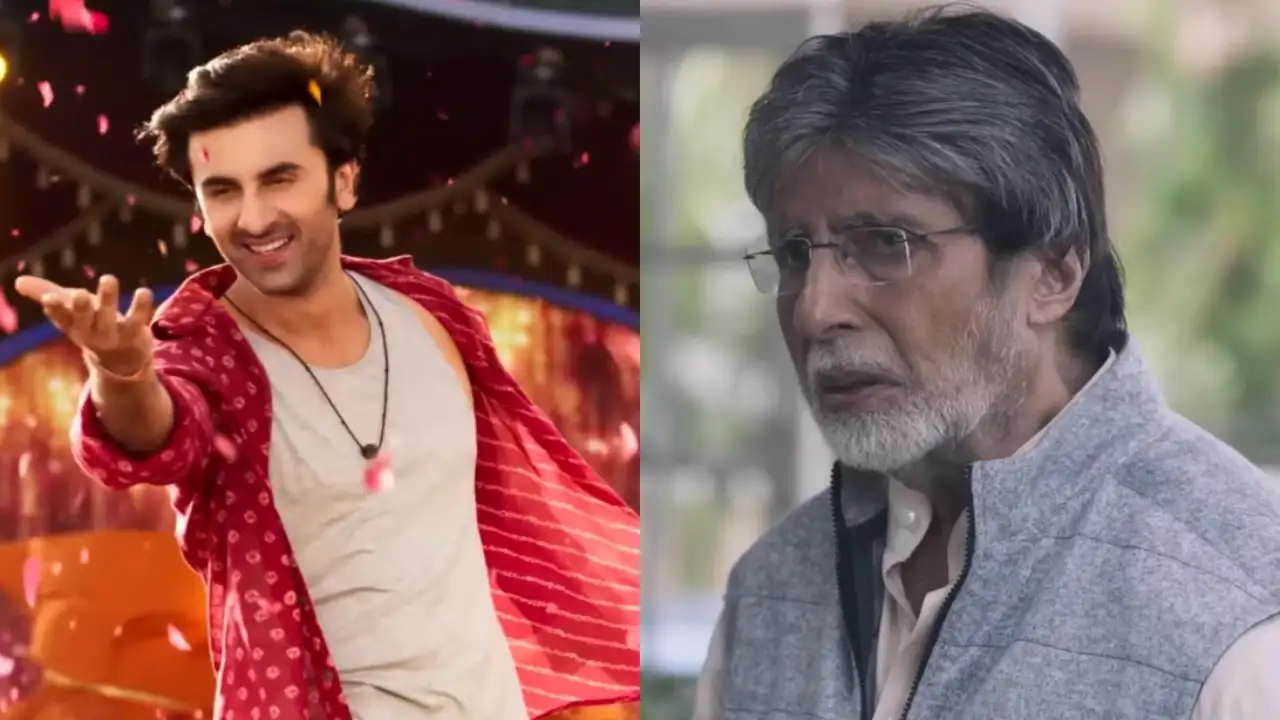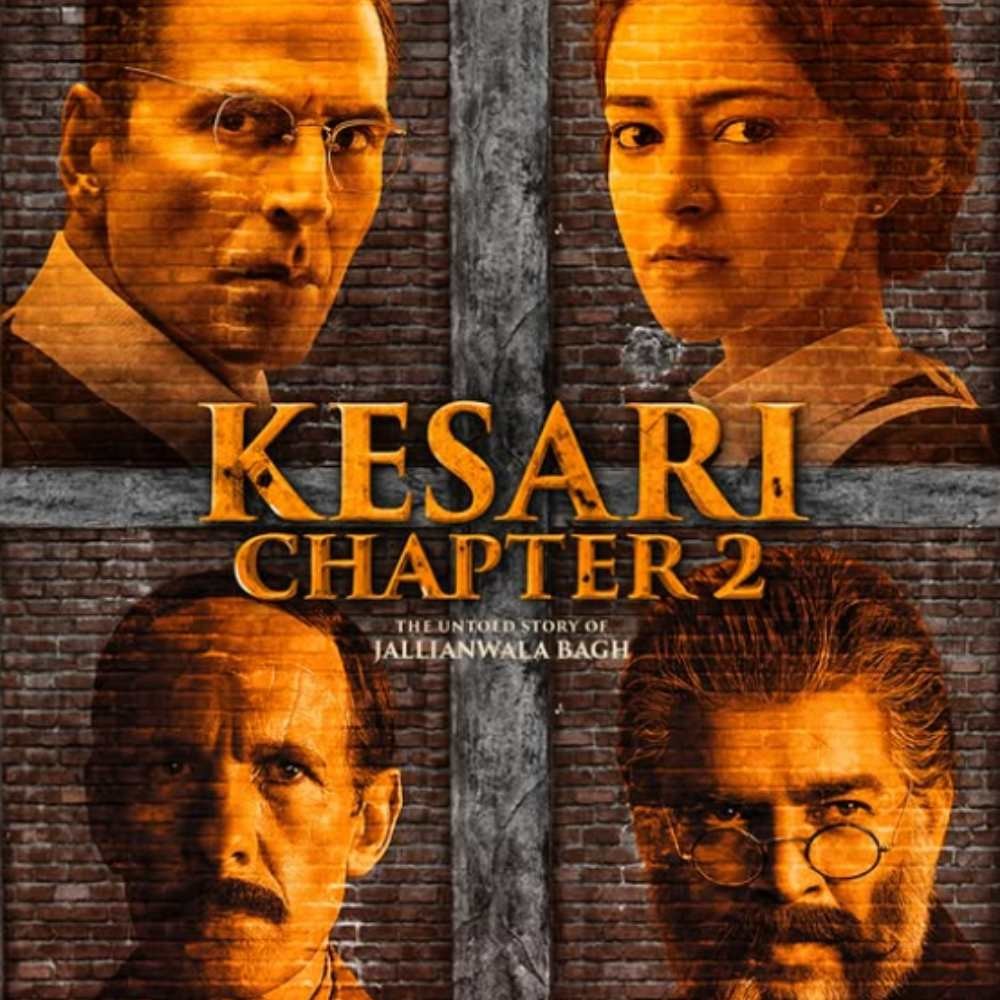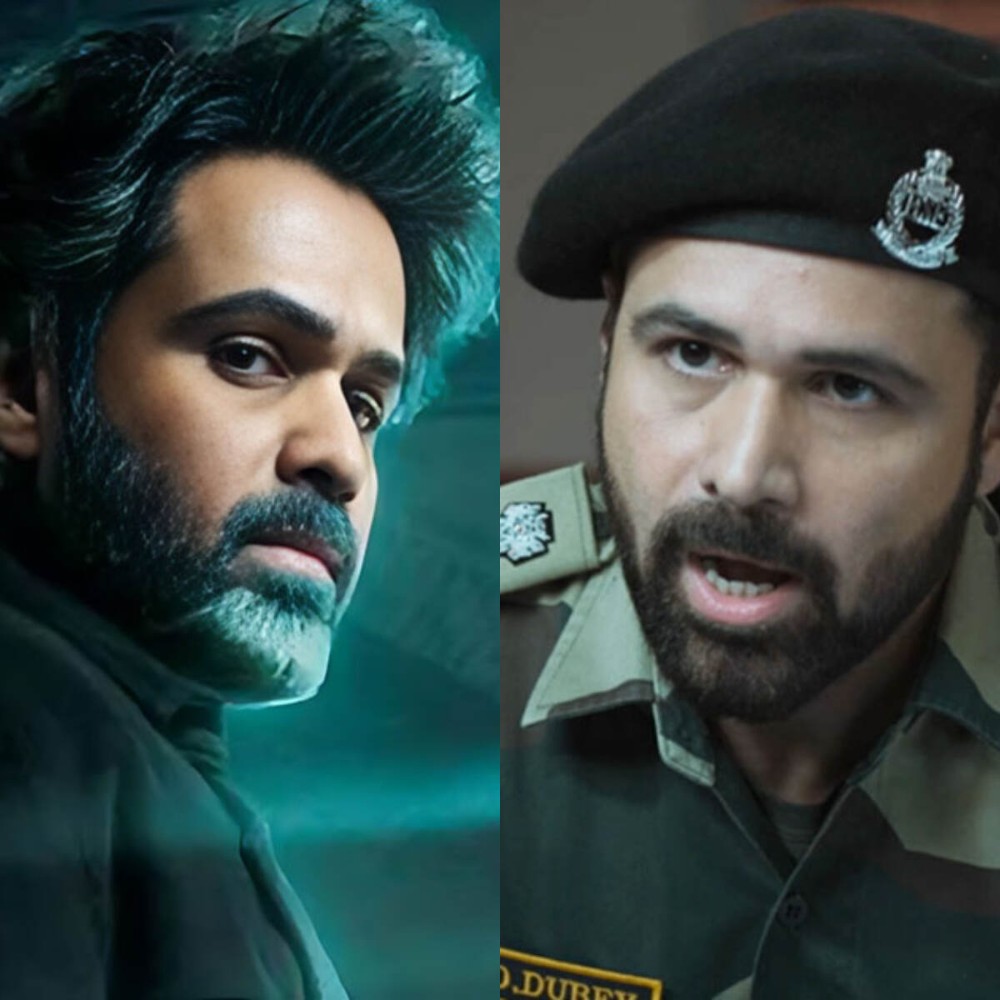Does modifying of movie ticket prices really impact the prospects of a film? Brahmastra, Goodbye bust myths
A lot of discussions recently have been happening with respect to lowering or increasing of movie ticket prices. How much can it affect the prospects of a film?

Nowadays, luring movie-going audience with discounted rates and offers has become a norm. Long gone are the days when ticket prices were kept the same, universally. In today's market, ticket rates can range anywhere between Rs. 75 and Rs. 3000 for a new theatrical release, with the difference in rates attributed towards comfort, luxury, sound, visuals and others. Every moviegoer wishes to enjoy a beautiful theatrical experience and to get the best experience, you have to shell out money too. The greater problem, however, isn't the high ticketing rates, surprisingly. It is about the audiences not turning up to watch the movie at the theatres alone.
How did National Cinema Day change the approach of exhibitors?
The discussions around movie ticket prices is not a new one. However, the reception of movies performing on the National Cinema Day, where tickets were available at Rs. 75 flat, was so high that it really coaxed the investors to think deeper about their pricing strategies. The numbers, in terms of footfalls coming in, were pleasantly surprising as every film running on National Cinema Day, ran with an average occupancy of more than 50 percent, which also includes the minor films like Chup and Dhokha that lacked face value. An established film like Brahmastra, despite being in its third week, emerged as the first choice for moviegoers, with an average occupancy of around 90 percent, which is way higher than its very first day. With over 30 lakh viewers tuning in to theatres to watch films on a random Friday with no significant releases was so shocking that the movie exhibitors could not help try and analyse the reason for this level of theatre traction and whether it is feasible or not.
Did the immediate changes really help the exhibitors?
Citing a possibility of viewers tuning in to watch films in a similar manner if the ticket prices are lowered, exhibitors, soon after, rolled out a Navratri special scheme where films can be watched at a shockingly low Rs. 100 plus taxes, throughout the day. The exhibitors expected a replication of the National Cinema Day or atleast closer to that, since the prices were technically set at 5 year old (2016-17) ticket rates. The offer almost had no effect since the gross numbers were kind of similar to what they would have been, even without rolling the offer. Regardless, the ticket sales were still higher than what they could have been, suggesting that there still was potential.
Did low ticket prices of films after Brahmastra help them perform better theatrically?
The immediate next big ticket film from Bollywood was Vikram Vedha, which failed to put on a show, with a low opening weekend, decent weekdays and a poor week two. The film's ticket rates were lower than Brahmastra to begin with, and it also tried every trick in the book like lowering ticket rates on the weekdays to lure audiences, to no real impact. It came to a point where lowering ticket prices only led to a lower gross figures than the subsequent potential of the film and nothing else. The writing was on the wall when Amitabh Bachchan and Rashmika Mandanna led Goodbye failed to make a significant difference, despite showcasing their film at discounted rates, from the very first day.
The writing is on the wall. The National Cinema Day was an exception, since it was the first time something at such a massive scale was planned. As the audience started to understand that the lowering of ticket prices would become more of a rule in the times to come, they started caring less, with Goodbye falling prey to this new trial and error system.
What really convinces a prospective viewer to really purchase movie tickets?
One thing that is understood from this experiment is that the audience is willing to pay the buck if it is worth their time, money and energy. Viewers didn't mind spending even 1000 rupees on movie tickets of Brahmastra because they were assured an experience worth it. That also was a reason why a film like Brahmastra, in its third week, managed to do more business than the new films released in that week. It is clear that the audience will spend money on movies that they find exciting, and if they find a film exciting, they won't mind spending big bucks for it. The ideal way forward is to gauge the excitement surrounding a film and keep ticket rates with respect to the anticipation surrounding the film. Like, a Marvel film, which is a 'sold ticket' in exhibition terms, can opt for blockbuster pricing because tickets will be purchased, regardless of the prices they are sold at. A film with low excitement or anticipation will purely rely on word of mouth to grow and sustain.
What are your thoughts on movie ticket prices? Would you increase your frequency of going to cinemas in proportion to the lowering ticket rates or not?
Also read: GoodBye Movie Review: Amitabh Bachchan, Rashmika Mandanna’s film works in parts, doesn’t in some





 JOIN OUR WHATSAPP CHANNEL
JOIN OUR WHATSAPP CHANNEL








































